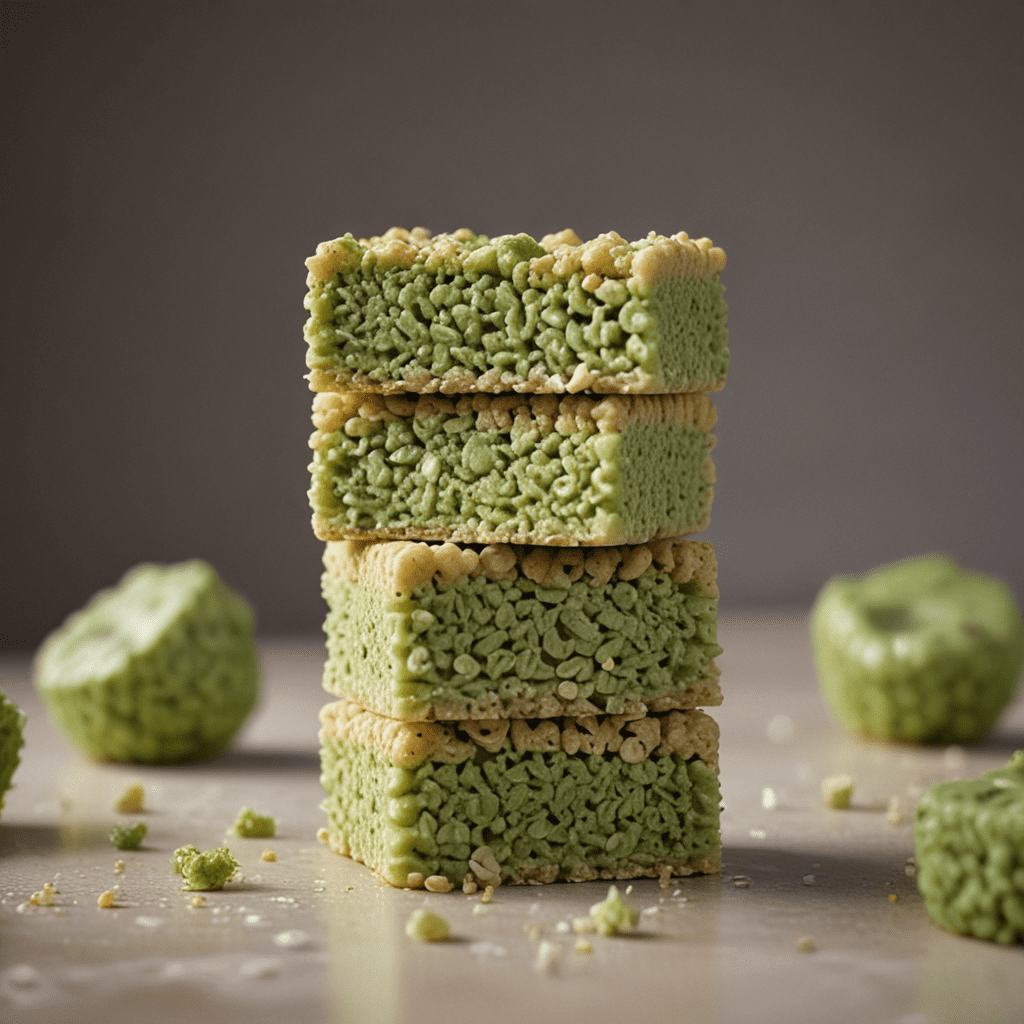Peppermint Tea: The Ultimate Tea for Respiratory Health
Introduction to Peppermint Tea
Peppermint tea, a refreshing and aromatic herbal infusion, has gained popularity not only for its delightful flavor but also for its potential health benefits. One of its standout qualities is its ability to support respiratory health, making it a valuable addition to your wellness routine.
Understanding its Respiratory Benefits
Peppermint tea boasts natural decongestant and antihistamine properties, making it a go-to remedy for respiratory issues such as congestion, coughs, and sinusitis. The menthol in peppermint helps to relax the muscles of the respiratory tract, promoting easier breathing and soothing irritated airways.
Relief for Common Respiratory Symptoms
Individuals suffering from nasal congestion, asthma, or allergies may find relief in peppermint tea due to its anti-inflammatory and antispasmodic effects. The tea can help clear out mucus, reduce coughing, and ease breathing difficulties, providing comfort during times of respiratory distress.
Supporting Immune Function
Peppermint tea contains essential nutrients and antioxidants that support overall immune function. By bolstering the body’s defenses, this tea can potentially help prevent respiratory infections and reduce the severity of symptoms when illnesses do occur.
How to Incorporate Peppermint Tea into Your Routine
Enjoying a cup of peppermint tea is simple and can be a soothing addition to your daily regimen. Whether hot or iced, peppermint tea offers a refreshing way to reap its respiratory benefits. You can savor it on its own or add a touch of honey or lemon for added flavor.
Considerations and Precautions
While generally safe for most people, individuals with gastroesophageal reflux disease (GERD) may need to consume peppermint tea in moderation due to its potential to relax the lower esophageal sphincter. Consulting with a healthcare provider before introducing peppermint tea into your routine is advisable, especially if you have any underlying health conditions.
Conclusion: Embracing Peppermint Tea for Respiratory Wellness
Peppermint tea stands out as a versatile and effective option for supporting respiratory health naturally. With its soothing properties and delicious taste, incorporating this herbal infusion into your daily life can be a simple yet impactful way to care for your respiratory system. Embrace the goodness of peppermint tea and breathe easier on your journey to enhanced wellness.
Frequently Asked Questions about Peppermint Tea
What is Peppermint Tea?
Peppermint tea is a herbal infusion made from peppermint leaves, known for its refreshing flavor and potential health benefits.
How does Peppermint Tea benefit respiratory health?
Peppermint tea contains menthol, which can help to relax the muscles of the respiratory tract, making it easier to breathe, especially during congestion.
Can Peppermint Tea help with coughs and colds?
Yes, peppermint tea’s anti-inflammatory properties can help soothe a sore throat, reduce coughing, and clear congestion in the nasal passages.
Is Peppermint Tea safe for everyone?
While generally safe, individuals with acid reflux or gastroesophageal reflux disease (GERD) should avoid peppermint tea as it may worsen their condition.
How should Peppermint Tea be consumed for respiratory health benefits?
For respiratory health benefits, it’s recommended to drink peppermint tea warm, inhaling the steam as you sip to help open up congested airways.


